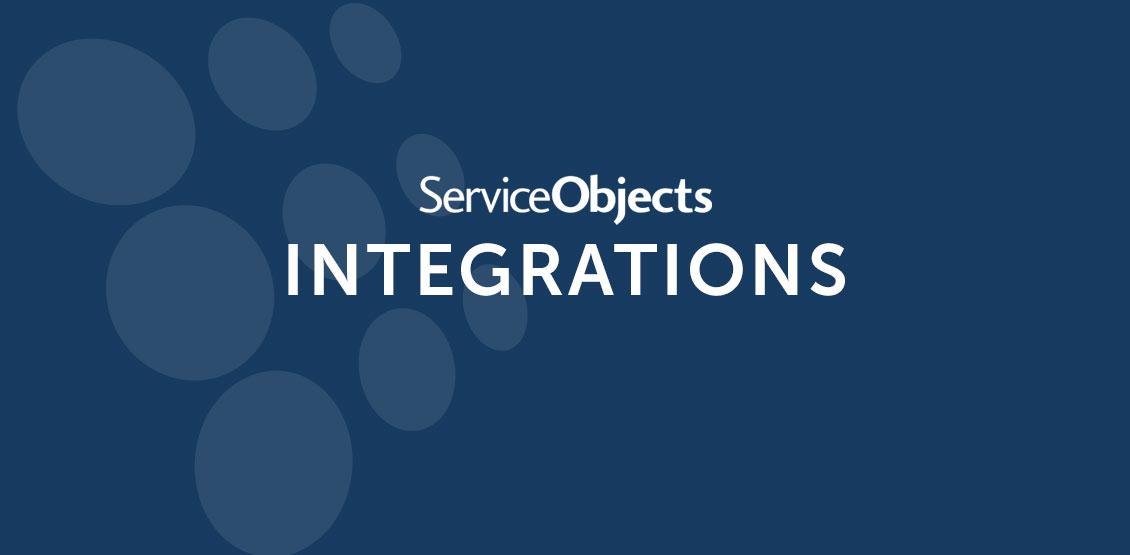When considering keeping data cleansing in house or outsourcing it, the conversation can go something like this:
“Why would I pay a third party to do my data validation, when I could do it myself and keep our data internal and secure?”
“Well, why would we allocate our team’s time and budget when we could possibly automate the process, by utilizing a data validation solution that could yield cleaner and more up-to-date results?”
Clean contact data is imperative for a company’s workflow, and unfortunately, most incoming contact data isn’t very useful in its raw form. It needs refining and filtering to make that information valuable. Therefore it is beneficial, if not necessary, to make sure the data has been validated. And if your business is working with large datasets, it may be time to switch from manual validation to an automated data cleansing solution.
The problems with manual validation
Keeping your data validation in-house can save you the cost from a third party, but even your most well-versed employee will expend a lot of manpower to go through validating your contact records. Depending on the data collected, such as addresses, phone numbers, emails, etc., you could easily find yourself spending hours cleaning data, checking data fields and checking and rechecking your work, never really eliminating the possibility of human error.
Further, nothing is constant. Like Chuck Poloniac said in Fight Club, “Hey, even the Mona Lisa is falling apart.” The same goes for data quality. Contact data especially is subject to change rapidly, with about 20% of addresses and 18% of phone numbers changing every year. Because of this constant flux, maintaining good hygiene standards for your data is especially difficult on your own.
How the automation of data validation works
Third-party providers, like Service Objects, can provide data validation solutions for your business that can keep your contact data constant and up-to-date, with a much faster turnaround time than manual data validation.
Automatic data cleansing involves validation of your existing data by using specialized software, master database repositories, and data analysis tools. When it comes to contact data, multiple checks can be made on each individual aspect of your data concurrently and depending on the amount of data you need to be validated, integration and custom data mapping can be done to easily incorporate the process into your workflow. Third-party providers can provide secure API or custom batch solutions flexible with your business’ needs.
Pros of automating data validation
Automating your data validation process can be valuable for your business needs for many reasons.
- It can increase your capacity to validate large amounts of data, and do it extremely efficiently.
- Automation ensures the most up-to-date quality of data. Third-party providers can ensure that your data is accurate, genuine, and up-to-date.
- Rather than relying on internal validation, automation can ensure that the validation is consistent and therefore dependable. This decreases risk of human error.
- Automating contact validation will enable verified and corrected contact data to be systematically updated in your business platform.
- There is less labor involved in maintaining and validating data, saving a lot of time, effort, and energy for your employees.
Which solution is right for you?
Deciding between keeping data validation in house or outsourcing it is a matter of the volume of data your business deals with – trying to avoid stale contact data in the form of emails, addresses, and phone numbers can be too much to maintain internally.
Learn more about how Service Objects can help implement an automated data verification strategy into your business by contacting us – we’re happy to help!













